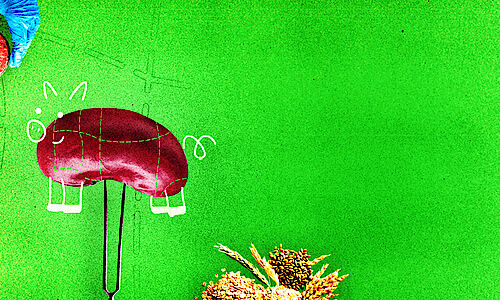News & Academies' activities
EASAC welcomes reform of EU legislation on new genome techniques
The term refers to new genetic engineering processes such as CRISPR/Cas, which are used to modify the genetic make-up of plants in a more targeted and precise way than is possible with conventional breeding. To align existing EU legislation on GMOs with these new developments, on 5 July 2023, the European Commission tabled a proposal for a regulation on plants obtained by NGTs.
There is a societal cost of not using new genome techniques
EASAC and its Member Academies have consistently called for a reform of the current framework since 2015. “There is a societal cost of not using New Genomic Techniques (NGT) or delaying their adoption,” says EASAC’s Biosciences Director, Rosa Castro. “NGTs have great potential in developing resilient, high-yield, and environmentally sustainable crop varieties and could contribute to addressing many of today’s complex climate change, food security, and environmental sustainability challenges.”
The proposal introduces differentiated risk-based rules. It includes targeted mutagenesis and cisgenesis (including intragenesis) under its scope, but does not include plants obtained by NGTs that introduce genetic material from a non-crossable species (transgenesis). These remain subject to the existing GMO legislation.
A pivotal step
Says Castro: “The adoption of different risk-based rules for NGT plants is a positive development toward a more nuanced and effective regulatory framework. The European Commission’s proposal was a pivotal step in shaping the regulatory landscape for genome-edited crops within the European Union. It is great to see the ENVI committee’s support of this approach ahead of the adoption of the European Parliament’s mandate during the 5-8 February 2024 plenary session and subsequent negotiations with EU member states.”
EU agriculture ministers remain divided on the topic and failed to reach an agreement at the latest meeting of 11 December. Topics of controversy in the Council are namely the coexistence of organic agriculture with NGT plants, the absence of a provision allowing EU countries to ban cultivation of NGT plants on their territory and the treatment of patents (currently excluded from the text).
back to overview
































